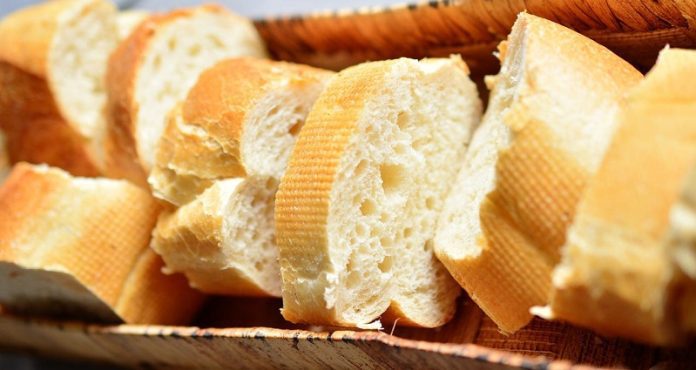
Scientists from Columbia University found that a diet high in refined carbohydrates—particularly added sugars — may trigger insomnia and reduce sleep quality.
Insomnia is a common sleep disorder that can make it hard to fall asleep, hard to stay asleep or cause you to wake up too early and not be able to get back to sleep. Patients may still feel tired when they wake up.
Most cases of insomnia are related to poor sleeping habits, depression, anxiety, lack of exercise, chronic illness, or certain medication.
Previous studies have found mixed results on the association between carbohydrate intake and insomnia.
In the current study, researchers examined how overall dietary glycemic index (GI), glycemic load, and intakes of specific types of carbohydrates affect sleep loss and insomnia.
A glycemic index diet is an eating plan based on how foods affect your blood sugar level.
The glycemic index is a system of assigning a number to carbohydrate-containing foods according to how much each food increases blood sugar.
Low GI (less than 55) – examples include soy products, beans, fruit, milk, pasta, grainy bread, porridge (oats), and lentils.
Medium GI (55 to 70) – examples include orange juice, honey, basmati rice, and wholemeal bread. High GI (greater than 70) – examples include potatoes, white bread, and short-grain rice.
Glycemic load is a measure that takes into account the number of carbohydrates in a portion of food together with how quickly it raises blood sugar levels.
The researchers predicted that higher GI and glycemic load would be linked to greater risks of insomnia.
They examined data from the Women’s Health Initiative Observational Study. The study tracked the medical histories and health habits of more than 93,000 older women between the ages of 50 to 79.
The team tested the links of GI, glycemic load, other carbohydrate measures (added sugars, starch, total carbohydrate), dietary fiber, and specific carbohydrate-containing foods (whole grains, nonwhole/refined grains, non-juice fruits, vegetables, dairy products) with risks of insomnia.
Between 1994 and 1998, more than 70000 older women were tested. Between 1997 and 2001, more than 50,000 older women were tested.
The team found that a higher dietary GI was linked to increased risks of insomnia.
Higher intakes of dietary added sugars, starch, and nonwhole/refined grains were each linked to higher risks of insomnia.
By contrast, higher whole fruit and vegetable intakes were strongly linked to a lower risk of insomnia.
Also, higher intakes of dietary fiber, whole grains, non juice fruit, and vegetables were strongly linked to lower risks of insomnia.
These findings suggest that high-GI diets could be a risk factor for insomnia in older women.
The team suggests that people replace high-GI foods with minimally processed, whole, fiber-rich carbohydrates to prevent or manage insomnia and sleep loss.
The research is published in The American Journal of Clinical Nutrition and was conducted by James E Gangwisch et al.
Copyright © 2022 Scientific Diet. All rights reserved.








